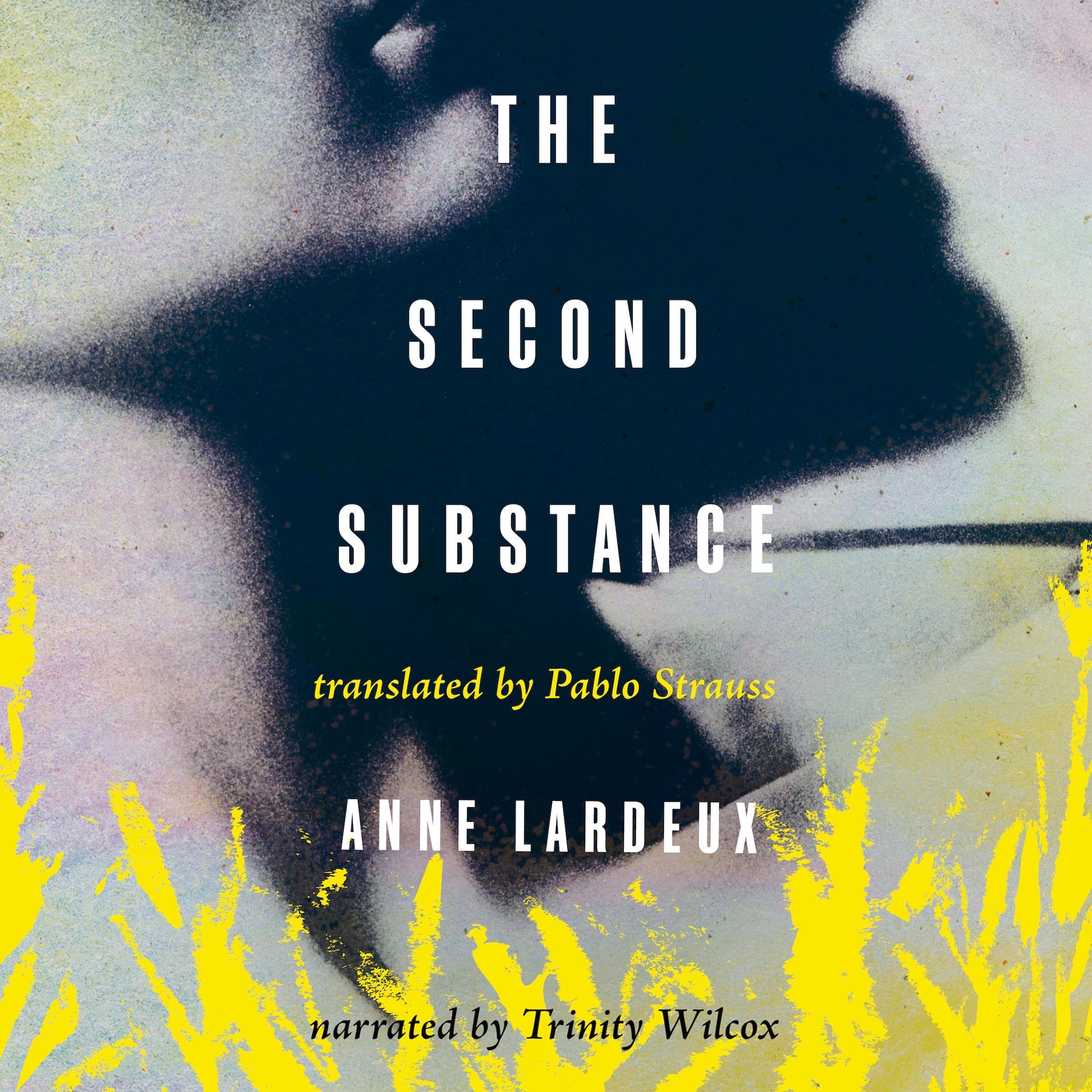*Free Edel Wiess copy* 2.4/5 This prose is like desert sand: fast-whipped to where it’s hard to get your footing in the turmoil. All we know for sure is there’s the makings of a war or uprising (real or metaphorical or multiple) that have made the two girls very different in age, origin, and temperament into runaways. It’s hard to say the geography or time period, reminding of the chaos of The Road. If this was accompanied by art (still, film, or animated) I would appreciate it more because I could be concrete in my assumptions of the actions.
Though this author may be talented with grave images, the work is inaccessible in its vagueness. (Perhaps partly because it’s translated from French, I heard?) It makes it seem like there are too many characters and it’s hard to tell anybody’s relation, if they are at all. This book’s summary begins sounding way too benign for the transient, dour vibe. Things make little sense still 1/3 through.
The highlights of this book are simply images: kids living in an abandoned gas station, a carnival crowd attacking a girl in a phone booth, the flashes of lecherous girls. The perspective of a female cop is interesting w/ her desire to make men flinch. As is the careless, blind father, and wannabe nudist girl. It’s just not enough to string together a coherent story or my interest.

